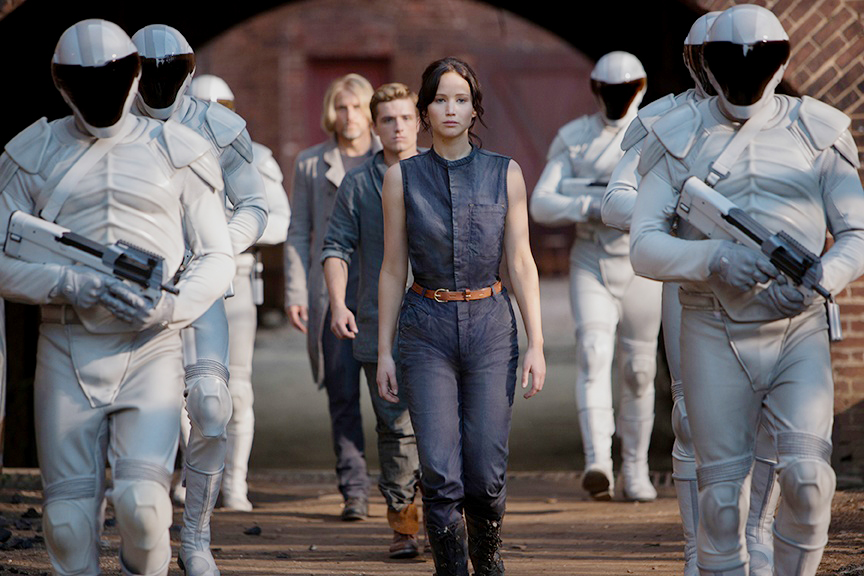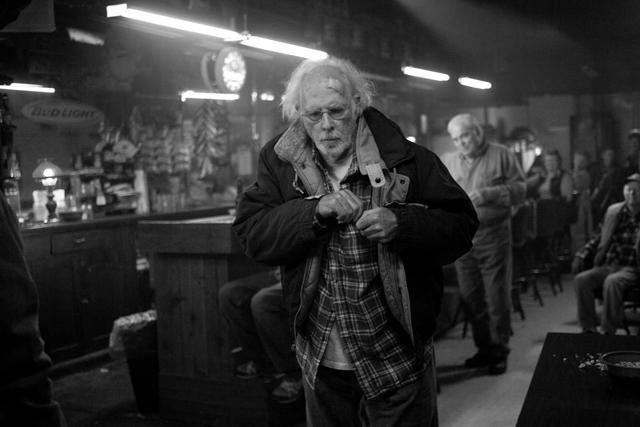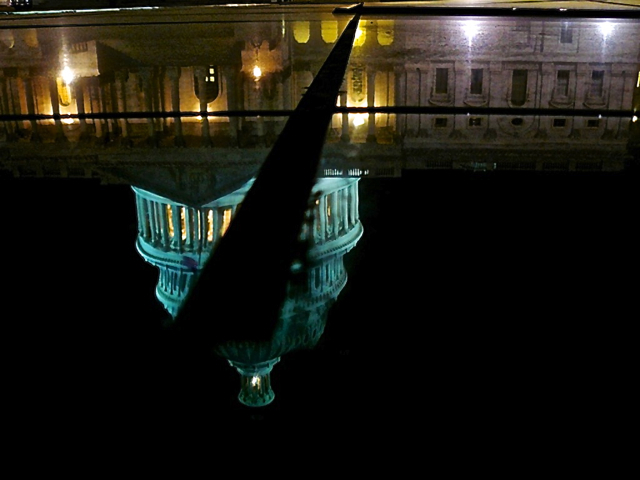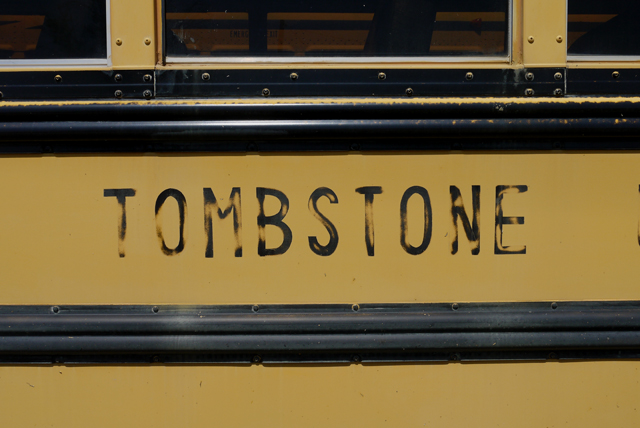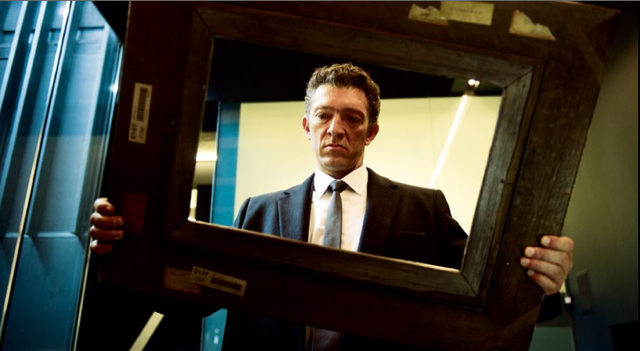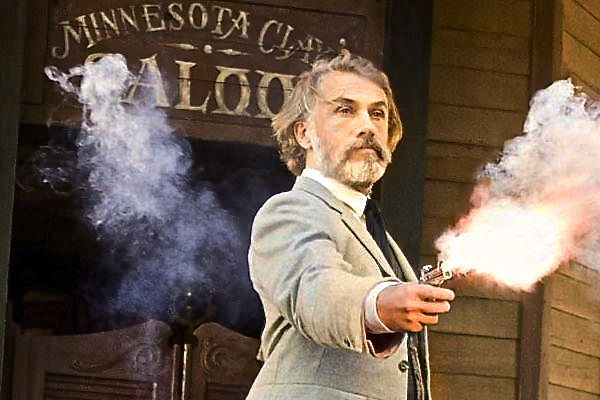Who could argue with such a simple request? “1 Euro for education”, the sign reads, advertising IKEA’s ongoing commitment to donate that amount to Save the Children with the purchase of each soft toy. But given the context, it’s hard not to read the message as a disturbing double entendre. (More…)
Author: Charlie BertschCharlie Bertsch is a teacher and writer living in Tucson, Arizona. A founding editor and regular contributor to one of the world’s first online magazines, Bad Subjects, his work has appeared in numerous publications including The Oxford American, Punk Planet, Tucson Sentinel, Phoenix New Times, Cleveland Scene, and the San Francisco Bay Guardian.
He has served as the Music Editor for Tikkun and Zeek. His essays have appeared in Let Fury Have The Hour: The Punk Rock Politics of Joe Strummer, The Anti-Capitalism Reader: Imagining a Geography of Opposition, and both Bad Subjects collections, Collective Action and Political Education for Everyday Life.
Charlie is currently at work on a book about memoir in the age of New Media.
Charlie Bertsch is a teacher and writer living in Tucson, Arizona. A founding editor and regular contributor to one of the world’s first online magazines, Bad Subjects, his work has appeared in numerous publications including The Oxford American, Punk Planet, Tucson Sentinel, Phoenix New Times, Cleveland Scene, and the San Francisco Bay Guardian.
He has served as the Music Editor for Tikkun and Zeek. His essays have appeared in Let Fury Have The Hour: The Punk Rock Politics of Joe Strummer, The Anti-Capitalism Reader: Imagining a Geography of Opposition, and both Bad Subjects collections, Collective Action and Political Education for Everyday Life.
Charlie is currently at work on a book about memoir in the age of New Media.
“Exposure can kill as easily as a knife,” cautions the woman who introduces Katniss Everdeen and her fellow tributes to their training sessions for the Hunger Games. She is advising them to practice survival skills as well as combat techniques. But the formulation resonates throughout the first film based on Suzanne Collins’ trilogy and into the second, The Hunger Games: Catching Fire (More…)
As I settled into one of the few remaining seats in the packed theater, I looked up to see Peter Travers, film critic for Rolling Stone, touting the virtues of this simultaneous screening. Only a few dozen audiences around the United States would have the privilege of watching this preview of Alexander Payne’s Nebraska along with Travers and its New York-area audience. (More…)
Their proximity is in the back of my mind, as I motor up Central, but, after decades of wanting desperately to see them, I am suddenly reluctant. The point of this drive is to search out what gets overlooked, left out of the story, not the one landmark that writers have returned to over and over. But then I see the small, green sign with an arrow pointed rightward and relent: “Watts Towers”. (More…)
Perhaps the only thing more frustrating than the government shutdown for those of us living in the United States has been the mainstream media’s coverage of the shutdown. Day after day, pundits speculate about how much the Tea Party-led campaign to defund the Affordable Heath Care Act by holding the nation hostage will hurt Republicans in the next election cycle. But they ignore the obvious: the ideologues responsible simply do not care. (More…)
It wasn’t until I was stretching as far as I could towards the ceiling, my hand inching towards the smoke detector, that I realized how high up I was. For many people, standing on a ladder, twelve feet above the ground, is no big deal. But for me, the boy who had almost failed out of Cub Scouts for not being able to climb half that high, it surely was. (More…)
Sometimes it’s easy to tell when a band will be worth seeing live. But the first time I saw Deerhunter, I wasn’t expecting much. While I had long enjoyed their albums, they seemed too dependent on a particular “processed” sound to translate to a concert venue. Was I ever wrong. When my friend suddenly took me by the hand and led me towards the stage, my critical distance disintegrated in seconds. (More…)
“I am just glad there isn’t a cactus on the cover.” Justin St. Germain is in the Tap Room of Tucson’s historic Hotel Congress, discussing his stunning new memoir Son of a Gun. At the time, I think he is simply expressing the saguaro fatigue that afflicts longtime residents of the Sonoran Desert. Images of the tree-sized cactus are stamped on everything imaginable. But when I drive through Tombstone a month later, I realize my mistake: (More…)
My patience was wearing thin. After two hours of sampling the new releases at one listening station after another, I was starting to wonder whether I’d ever find something that sounded fresh. And then an album caught my eye. Everything about it was out of sync with its surroundings: the bright, neo-psychedelic colors; the pedestrian sans-serif font; and, most of all, the name it spelled out: Bosnian Rainbows. (More…)
Danny Boyle’s Trance tells the story of a heist in order to perform one, taking advantage of moviegoers’ suggestible state of mind. When the story comes to an end, we find ourselves wondering what happened and to what degree we are responsible. The message we thought we were getting has vanished and a more troubling one has taken its place. (More…)
The Academy Awards had its share of surprises, but none more significant than the end of broadcast cutaway to the White House, where the First Lady helped presenter Jack Nicholson announce the winner of the Oscar for Best Picture. Like many of the media events sculpted for the Obama Presidency, this high-tech exchange stopped many viewers short. (More…)
Since its Christmas opening in the US, Quentin Tarantino’s Django Unchained has generated an extraordinary amount of commentary. Some love it. Some hate it. Almost everyone who sees the film has strong opinions about it. But American fixations — use of the “N-word”, depictions of torture — have overshadowed its most prominent feature: the relationship between a German bounty hunter and his black protegé. (More…)

